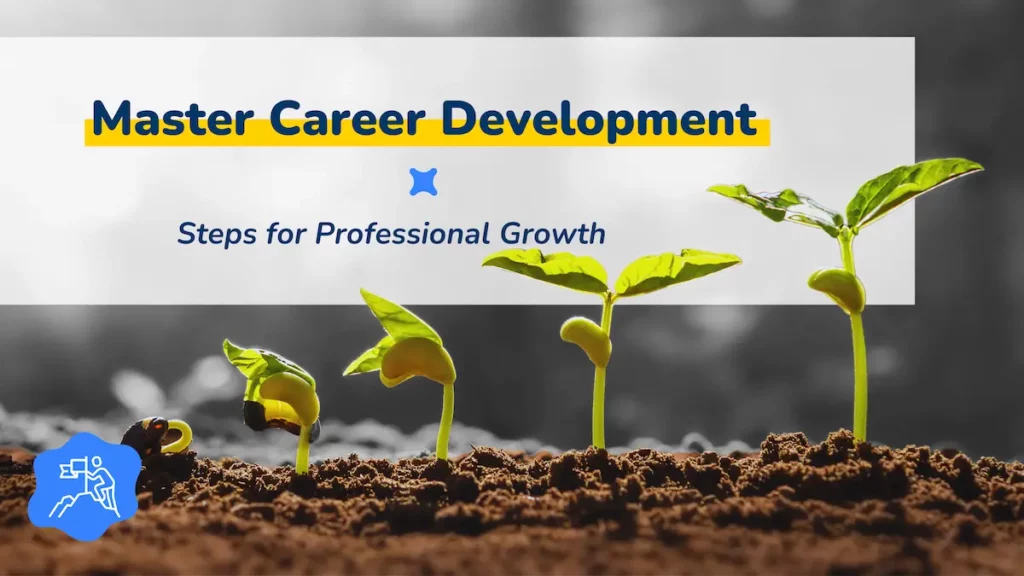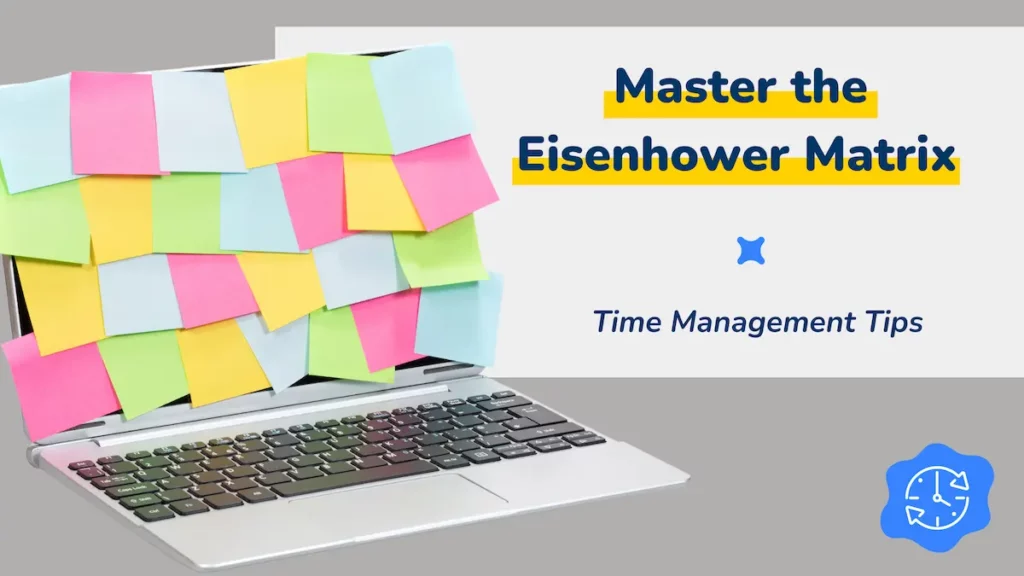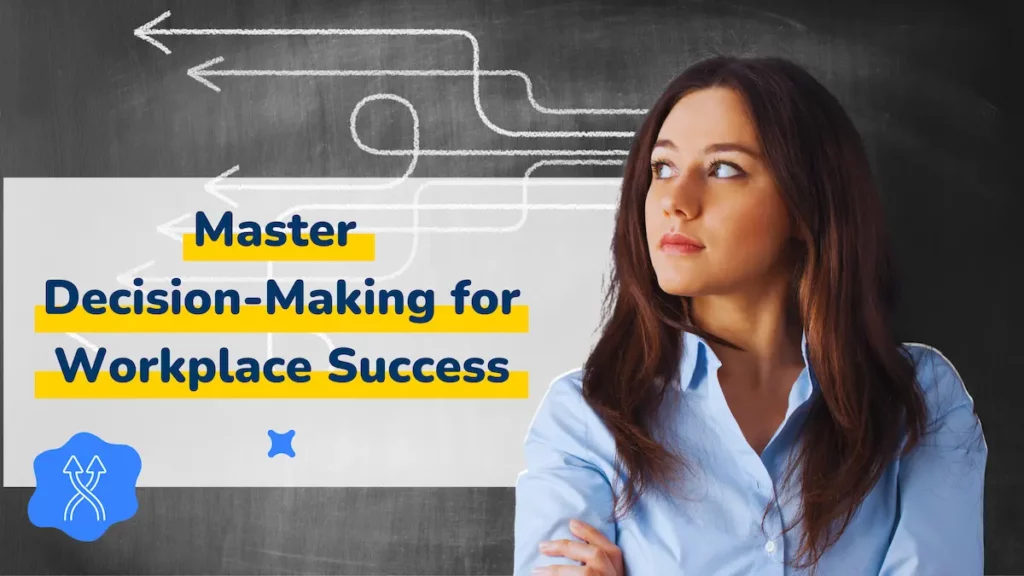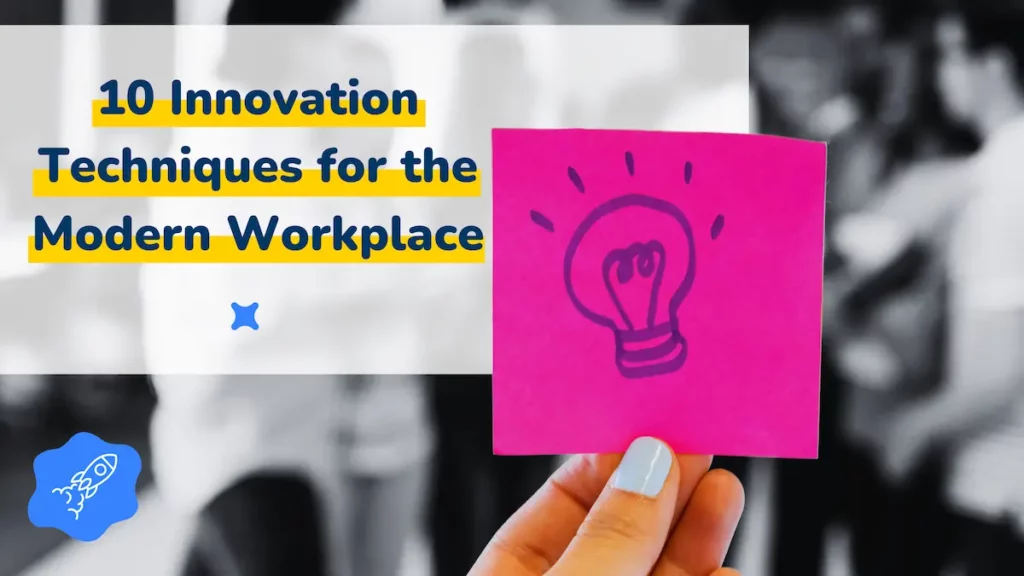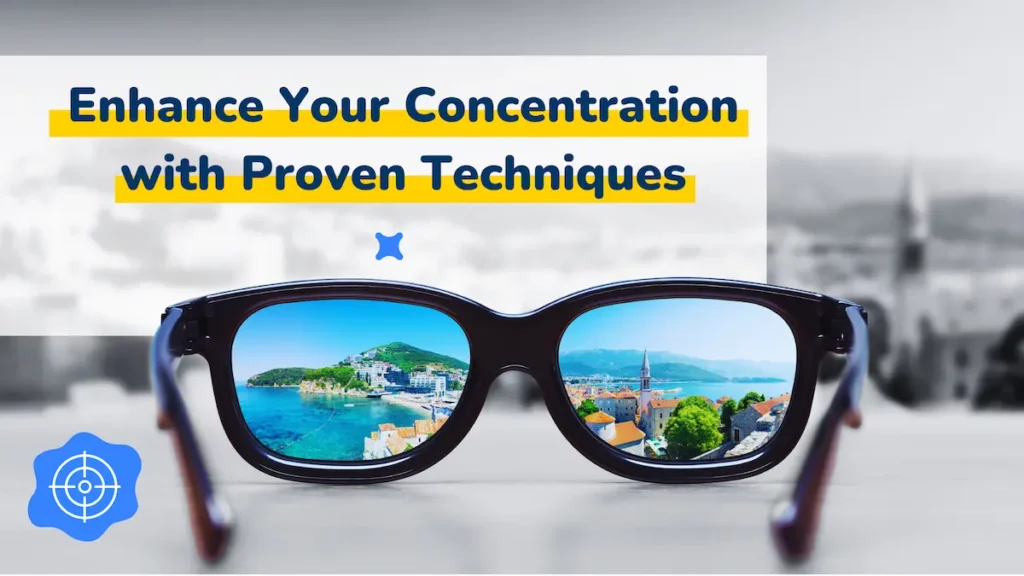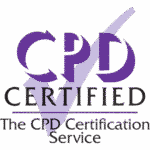What is Career Development?
It is the continuous process of setting career goals, gaining new skills, and improving your professional standing. It includes self-assessment, goal setting, skill acquisition, and networking. Effective career development helps you adapt to job market changes, secure promotions, and find personal satisfaction in your career.
Career development involves:
- Self-Assessment: Evaluating your interests, values, skills, and personality traits to align your career path with your goals.
- Goal Setting: Establishing clear, achievable goals to provide direction and motivation.
- Skill Acquisition: Continuously improving your skills to stay competitive.
- Networking: Building a professional network for mentorship, job opportunities, and industry insights.
- Career Planning: Mapping out long-term goals and the steps to achieve them.
Importance of Focusing on Developing your Career
Engaging in career development brings a host of benefits, such as:
- Personal Growth: Enhances self-awareness and helps achieve personal and professional goals.
- Job Satisfaction: Increases motivation and job satisfaction.
- Marketability: Improves employability and competitiveness.
- Financial Stability: Leads to better job opportunities and higher salaries.
- Adaptability: Prepares you for job market changes and new career opportunities.
Key Components
Self-Assessment
Evaluate your interests, values, skills, and personality traits to align your career path with your goals. Tools like the Myers-Briggs Type Indicator (MBTI) and CliftonStrengths can be helpful. Self-assessment helps you understand your strengths and areas for improvement, guiding your career decisions.
Goal Setting
Setting SMART (Specific, Measurable, Achievable, Relevant, Time-bound) goals is essential. Clear goals provide direction and motivation, helping you track progress. Break down your long-term career aspirations into short-term, manageable goals to make them more achievable.
Skill Acquisition
Continuously improving your skills, both hard (technical) and soft (communication, leadership), is crucial. Engage in workshops, certifications, and online courses to stay competitive. Focus on acquiring skills that are in demand in your industry and that align with your career goals.
Networking
Build a strong professional network for mentorship, job opportunities, and industry insights. Attend industry events, join professional associations, and connect on LinkedIn. Networking can open doors to new opportunities and provide support throughout your career.
Career Planning
Develop a career plan by mapping out long-term goals and the steps to achieve them. This might include further education, gaining experience, and seeking advancement opportunities. A well-defined career plan helps you stay focused and motivated.
Steps to Achieve Career Development
Conduct a Self-Assessment
Start by evaluating your strengths, weaknesses, interests, and values. Use self-assessment tools and seek feedback from colleagues and mentors. Understanding yourself is the first step towards making informed career decisions.
Set Career Goals
Define your short-term and long-term goals using the SMART criteria. Break these down into actionable steps and set deadlines to track your progress. Clear goals provide a roadmap for your journey.
Develop a Skill Enhancement Plan
Identify the skills you need to reach your goals. Enrol in courses, attend workshops, and seek on-the-job training. Focus on both technical and soft skills like leadership and communication. Continuous learning is key to staying relevant and competitive.
Build and Leverage Your Network
Attend industry events, join professional groups, and connect on networking platforms. A strong network can open doors to new opportunities and provide support. Networking is an ongoing process that can greatly enhance your career development.
Seek Mentorship
Find mentors for advice, feedback, and support. They can help you navigate your career path, set realistic goals, and overcome challenges. Mentorship provides valuable insights and can accelerate your career growth.
Stay Adaptable and Open to Change
The job market evolves constantly, so stay adaptable. Be open to new opportunities, continuous learning, and career changes to remain relevant and competitive. Adaptability is crucial for long-term career success.
Regularly Review and Adjust Your Career Plan
Periodically review your goals and progress. Adjust your plan to reflect changes in your interests, skills, and the job market. Regular self-reflection and goal adjustment are crucial for sustained career development.
The Role of Employers in Career Development
Providing Professional Development Opportunities
Employers play a crucial role in supporting career development by offering professional development opportunities. This includes training programmes, workshops, mentorship, and tuition assistance for further education. By investing in their employees’ growth, employers can enhance job satisfaction and retain top talent.
Creating a Supportive Work Environment
A supportive work environment fosters career development by encouraging open communication, collaboration, and continuous learning. Employers should create a culture that values growth and development, providing resources and support for employees to pursue their career goals.
Offering Clear Career Advancement Paths
Employers should provide clear career advancement paths to help employees understand the opportunities available within the organisation. Regular performance reviews, goal-setting sessions, and career planning discussions can help employees navigate their career paths and stay motivated.
Leveraging inGeniusly for Career Development
Personalised Career Assessments
inGeniusly helps you navigate your career development journey by providing personalised career assessments. By understanding your unique cognitive profile, inGeniusly offers insights into your strengths, weaknesses, and preferences, helping you make informed career decisions.
Tailored Development Plans
Based on your career assessment, inGeniusly creates tailored development plans that align with your goals and aspirations. These plans include targeted training courses, skill development activities, and actionable steps to help you advance in your career. This personalised approach ensures that the techniques and strategies are based on your unique needs, goals, and characteristics.
Continuous Feedback and Support
inGeniusly offers continuous feedback and support throughout your career development journey. Regular assessments and progress reviews ensure that you stay on track and make necessary adjustments to your development plans. This ongoing support helps you achieve your career goals more effectively.
Simplifying and Creating Order
inGeniusly simplifies the process of career development by organising and structuring your tasks and goals. This training course helps you create order out of chaos, ensuring that you can focus on what matters most and maintain a healthy balance between work and personal life.
Climbing the ladder vs finding balance
Career development is a lifelong process requiring continuous effort, learning, and adaptation. By conducting self-assessments, setting clear goals, acquiring new skills, building a network, seeking mentorship, staying adaptable, and regularly reviewing your progress, you can achieve professional growth and fulfilment. Remember, career development isn’t just about climbing the corporate ladder; it’s also about finding personal satisfaction and balance in your professional life.
By following these steps and using the strategies in this guide, you can effectively manage your career development and achieve your professional goals.
